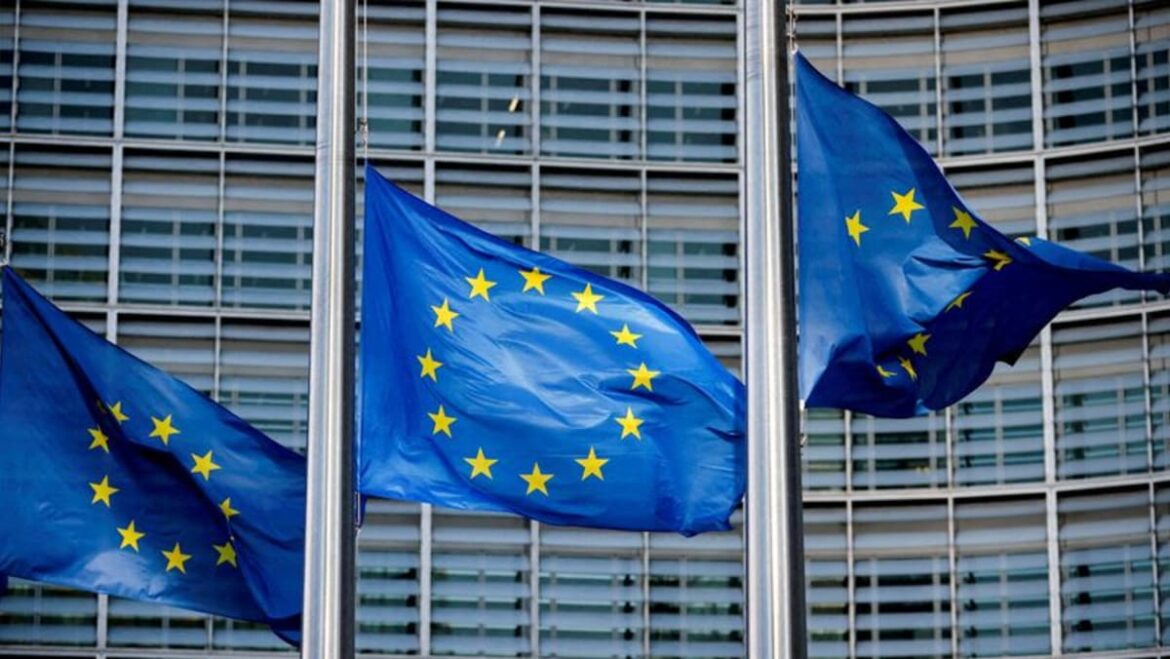EU-backed consortium to develop efficient sensors for satellite navigation
A consortium funded by the European Union stated on Thursday it used to be establishing sensors to reduction satellites navigate with precision and enable drones to flee further for longer.
The INPHOMIR mission plans to create two recent extremely-low-energy sensors, an optical gyroscope and a in actuality knowledgeable lidar sensor to secure space missions extra ambiance friendly and affordable.
The mission costs about 5 million euros ($5.38 million) and is financed by Horizon Europe, a funding program of the European Union for study and innovation.
WHY IT’S IMPORTANT
Satellite navigation sensors can fight in harsh prerequisites such as low visibility, fog and dirt. Even small size errors can aim fundamental trajectory and positioning anomalies, doubtlessly costing operators tens of millions of dollars.
The INPHOMIR mission is building its sensors onto indium phosphide, a cloth confirmed to boost effectivity and minimize weight and size for photonic constructed-in circuits, microchips that exercise light to transmit and job records.
The expertise could perchance well also reduction energy sensors passe in drones and self-riding autos in the end, basically basically based on the consortium.
KEY QUOTE
“The superior sensing technologies we are establishing will with any luck toughen the accuracy of satellite positioning, strengthen navigation for interplanetary missions, and be obvious the success of space exploration,” stated Daniele Palaferri, mission coordinator of INPHOMIR.
CONTEXT
Rising request for satellite-basically basically based verbal replace services and products, navigation and series of records and photos rating led to a boost in the series of satellites operational in space, making navigation more durable.
Particles such as spent greater phases of rockets, broken satellites and other objects also pose threats to satellites searching to set in orbit.
($1 = 0.9290 euros)
Source: Reuters


